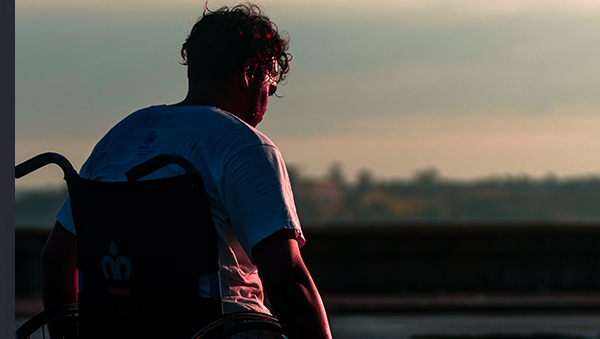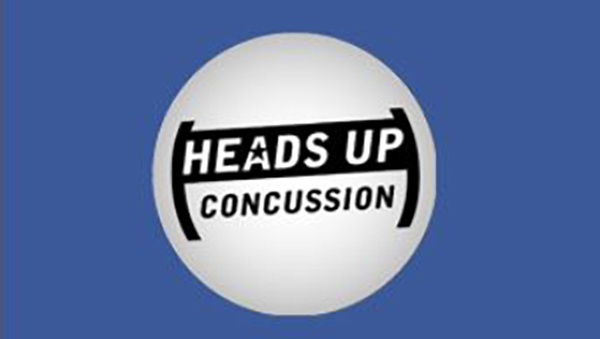Traumatic Brain Injury Prevention
Traumatic brain injuries (TBIs) are caused by a bump, blow or jolt to the head or a penetrating head injury that disrupts the normal function of the brain1. TBIs can be caused by many ways, such as motor vehicle crashes, falls, sports-related injuries, abuse, or self-harm (suicide attempt)2.
TBIs are considered a “disease of process” meaning that the impact of this injury type may be delayed. Some people may experience symptoms that resolve immediately, and others may experience new symptoms that arise years after the injury occurs3.
TBI is a major health problem that’s generally not recognized by the public. Thousands of people in the US die or are disabled due to TBIs every year4.
Join Us
Traumatic Brain Injury Prevention Task Force
This task force is committed to shifting the conversation around TBIs. Bringing attention and focus to relevant research and interventions that make a long-lasting impact.
Tamara Espinoza, MD - Assistant Professor, Emory Department of Emergency Medicine
Jonathan Ratcliff, MD - Assistant Professor, Emory Department of Emergency Medicine
| Name | Role | Organization |
|---|---|---|
| John Carter | Consultant | Georgia Department of Public Health |
| Kristin Crea | Director, Sports Medicine and The Concussion Institute | Gwinnett Medical Center |
| Claire Creech | Rehabilitation Satellite Manager | Children’s Hospital of Atlanta |
| Emma Harrington | Director of Injury Prevention | Shepherd Center |
| Jeff Hopp | Head Athletic Trainer | Marietta City Schools |
| Jane Jackson | Director of Information and Resource Program | Brain Injury Association of Georgia |
| Mahwish Javed | Program Coordinator | Safe Kids Georgia |
| Michelle LaPlaca | Associate Professor | Georgia Institute of Technology |
| Krista Lowe | School Nurse Specialist | Georgia Department of Education |
| Chinyere Nwamuo | Grant Manager | Georgia Department of Public Health |
| Tolu Oyesanya | Post-Doctoral Fellow | Shepherd Center |
| Amanda Ramirez | Manager of Trauma Outreach and Education | Savannah Memorial |
| Ford Vox | Physician | Shepherd Center |
| David Wright | Interim Chair, Professor, Vice Chair of Research | Emory School of Medicine |
| Craig Young | Executive Director | Brain Spinal Injury Trust |
References
- Basic Information about Traumatic Brain Injury
- Unintentional vs. Intentional Brain Injury: Helping People Cope with the Cause of their Brain Injury
- Centers for Disease Control and Prevention. (2015). Report to Congress on Traumatic Brain Injury in the United States: Epidemiology and Rehabilitation. National Center for Injury Prevention and Control; Division of Unintentional Injury Prevention. Atlanta, GA.
- Traumatic Brain Injury & Concussion Data and Statistics


